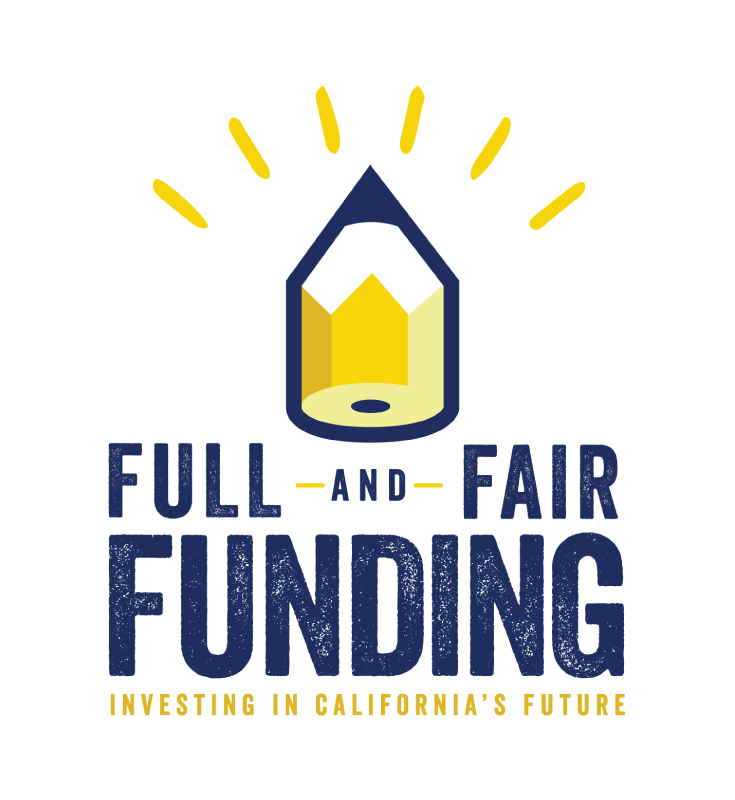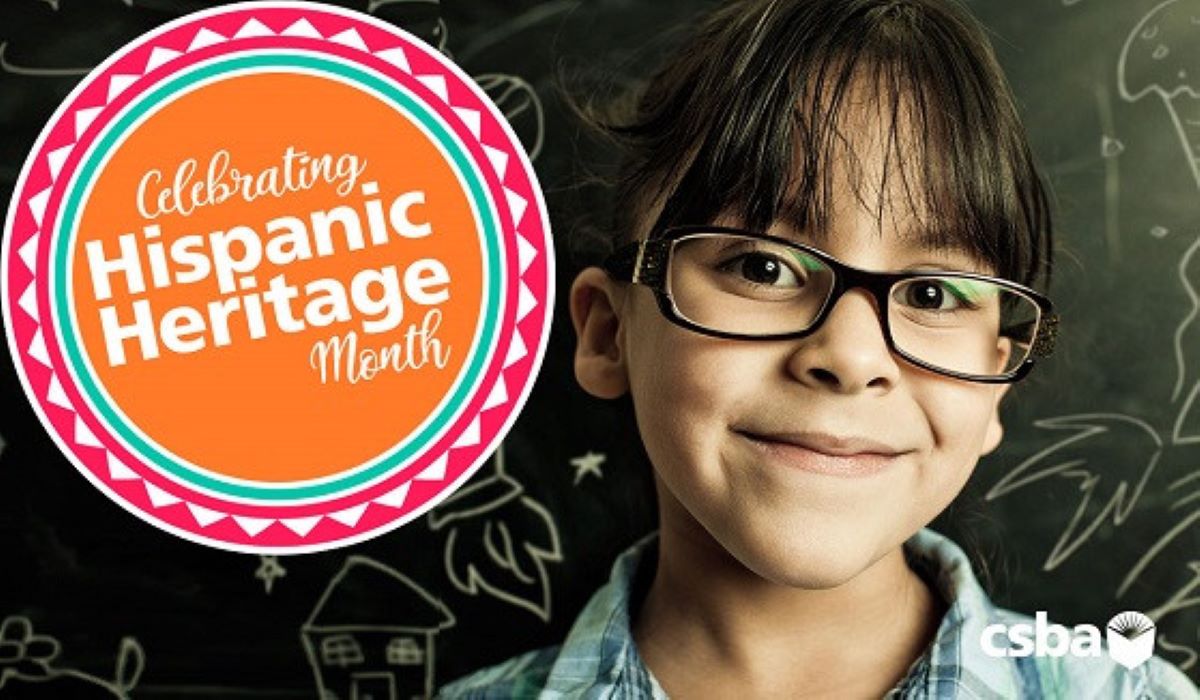Awareness and frustration with the continued underfunding of the nation’s public schools has reached a point at which 58 percent of teachers say they would vote to strike for higher funding for school programs. And for the 18th consecutive year, Americans said the lack of financial support is the biggest problem facing their local schools. These attitudes are just some of the key findings in the 2019 PDK Poll of the Public’s Attitudes Toward the Public Schools, available at www.pdkpoll.org/results.
The wide-ranging poll finds that six in 10 parents and all adults, and 75 percent of teachers, say their community’s schools don’t have enough money. Twenty-five percent of all adults responded in an open-ended question that inadequate financial support is the biggest problem facing public schools today, a number which jumps to 36 percent among teachers.
The poll results provide further material in the groundswell of support for CSBA’s call for the Full and Fair Funding of California’s public schools, which are ranked in the bottom 10 nationally in several key funding and staffing level categories. The campaign calls on the state Legislature to raise public school funding to the national average by 2020 and to the average of the top 10 states by 2025.
The polling finds that views on school funding are also associated with teachers leaving the profession at a time when staffing shortages continue to challenge California’s districts. Fifty-four percent of teachers who say the public schools in their community have too little money have seriously considered leaving, as opposed to 39 percent of those who say their schools are adequately funded.
Backing the latest research on funding’s connection to school quality, 60 percent of people who say their community schools’ funding is “about right” give their schools an A or B for quality. The percentage drops to 38 percent for respondents who say their schools have too little funding. Overall, 60 percent of all adults, 62 percent of parents and 68 percent of teachers say the quality of public schools is related to the amount spent on students in the schools. Views that funding and school quality are linked have risen over the years, from 50 percent among all adults in 1998 to today’s 60 percent.
This year’s version of the 51st annual poll conducted interviews with a random national sample of 2,389 adults, including 1,083 parents of school-age children and 556 public school teachers. In addition to funding and school quality, poll questions address issues such as religious studies and civics in the classroom, workforce preparation and discipline.
In notable poll results:
- The perception of school quality greatly varies at the local level: Sixty percent of K-12 parents give their local schools an A or B grade, while that number falls to 40 percent among nonparents. Stark differences are also seen across populations, with 73 percent of Asian American parents rating their community’s schools with an A or B compared with 48 percent of black parents. When asked to rate the nation’s public schools overall, only 19 percent of Americans gave a grade of an A or a B.
- Teachers’ views on pay and funding are tied to feeling valued: Fifty-two percent of teachers say their community values them a great deal or a good amount. Among teachers who say their pay is fair, 68 percent say they feel their communities value them a great deal or a good amount; this falls to 42 percent of those who say their pay is unfair.
- Support is strong for alternatives to detentions and suspensions: Sixty percent of adults see mediation as an effective way to deal with student misbehavior. Further, two-thirds or more of parents, teachers and all adults said they see mediation or counseling as more effective than detentions and suspensions. From the parent perspective on discipline, however, schools have a trust problem. Only 14 percent of parents said they place “a lot” of trust in their school to handle misbehavior.




